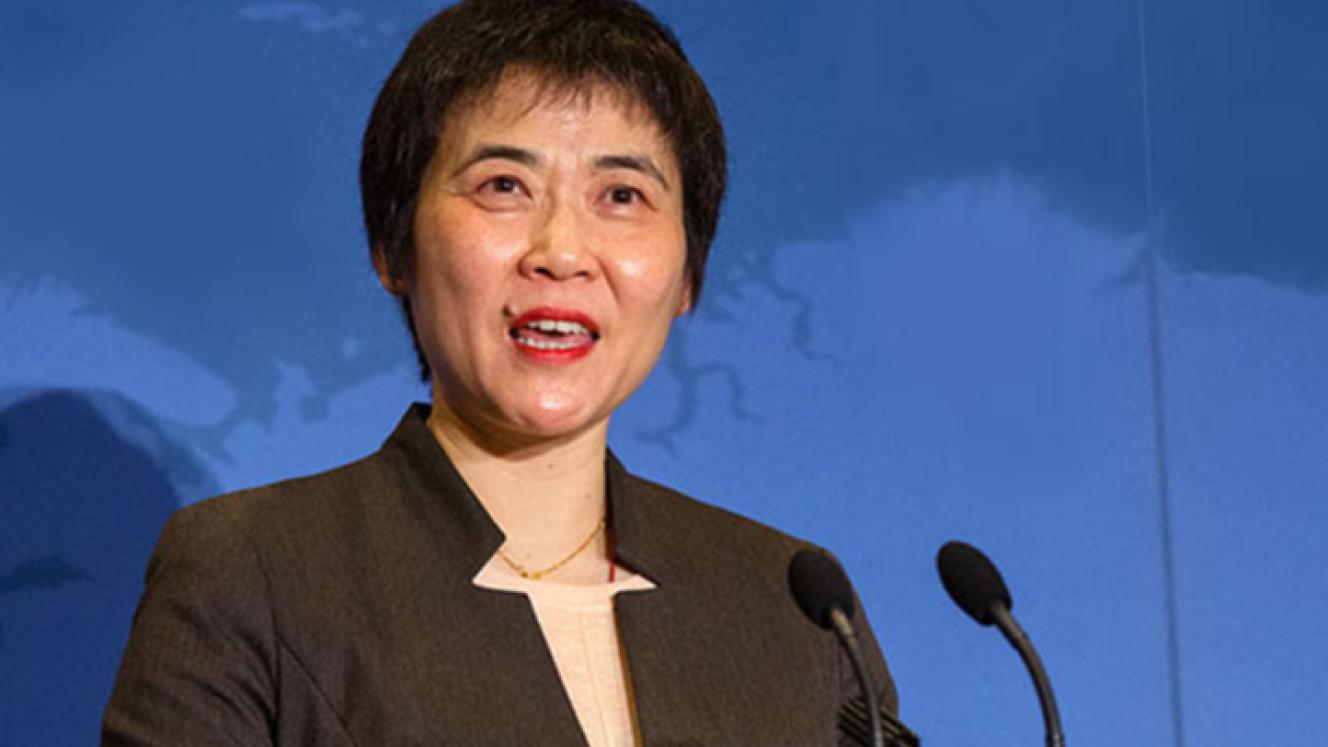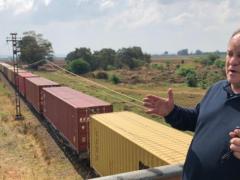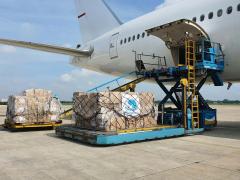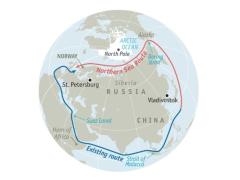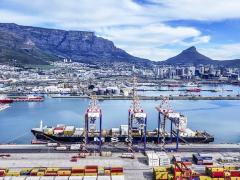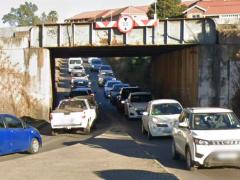The International Civil Aviation Organization (Icao) has called on industry leaders to join the fight against climate change following the implementation of the first ever global emissions strategy.
Addressing the World Economic Forum (WEF) in Davos last week, Icao secretary general Dr Fang Liu encouraged the private and public sectors to join forces to ensure the sustainable future of international aviation.
“As we seek to meaningfully address the sustainability of international flight, we must do so in a manner which doesn’t lead to disconnecting the incredibly diverse world which generations have worked so hard to bring together, and upon which so much of global prosperity now depends,” Liu said.
According to a statement from Icao, the global emissions strategy comprises a basket of measures predicated on operational improvement and technological innovations, which include advancements to airframes and aircraft propulsion technologies, while introducing new sustainable fuel alternatives with the potential to reduce the jet fuel life-cycle of CO2 emissions by 80%.
Additionally, Icao’s carbon offsetting and reduction scheme, Corsia, will assist in progressing air transport towards carbon neutral growth, with 70% of international air traffic emissions falling under the Corsia framework at the start of next year.
Liu pointed out that emissions from international flights accounted for just 1.3% of annual human-induced greenhouse gas impacts today, and that aircraft were 70% more fuel efficient today than when they first went into operation.
